Professor’s study suggests that certain skills continue to improve into old age
As a species, we humans get old.
Really old, relative to all our fellow primates, mammals and other species on the planet that generally pack it in once their reproductive business is over. In fact, scientists have long wondered why our lifespans include an extended “golden years” phase.
A Chapman University researcher found some insights into that puzzle in new research he conducted in the Amazon rain forest and published online in the
American Journal of Physical Anthropology
.
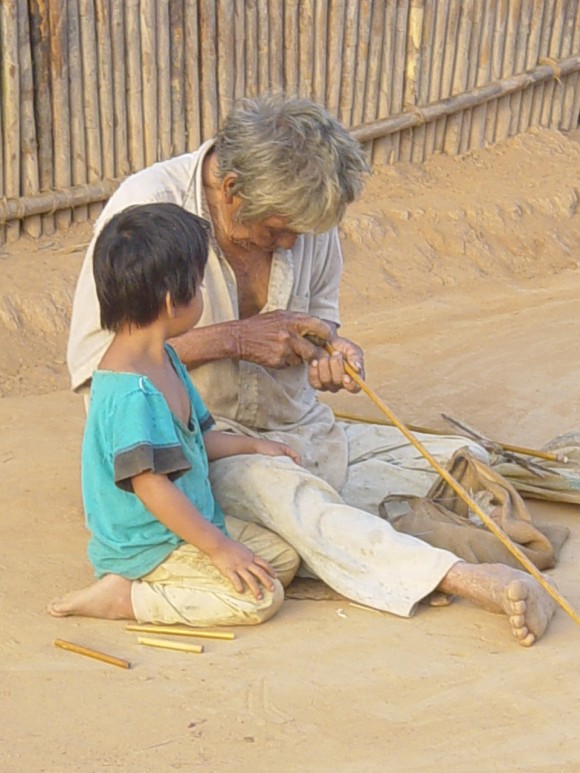
A Tsimane elder works as a youngster looks on. Senior adults among the Tsimane continue to improve at several essential skills, according to new research by a Chapman University researcher.
Turns out, mature adults might be the go-to workers for many skills needed in human communities, says Eric Schniter, Ph.D., assistant professor, in Chapman University’s
Economic Science Institute
in the Argyros School of Business and Economics. In field studies of the Tsimane communities of Amazonian Bolivia the researchers found that when it comes to music, storytelling and essential crafts like textile and bow and arrow making, Grandma and Grandpa are the rock stars.
And it’s not just because these older folk have time on their hands once they’re freed up from the responsibilities of hunting and feeding a brood, although that’s a factor. Teaching the next generation how to make a watertight canoe or tightly-woven fabric takes some of that time, too. But surprising to Schniter and his fellow researchers is that the older adults in that hunter-forager community experience an uptick in other skills essential to life – skills that require the better part of a lifetime to hone.
“It shows that many important cultural skills, and not just food production like previously argued, take a long time to learn, and that not all abilities peak in middle adulthood as previously thought,” Schniter says. “In (Tsimane) society people have an appreciation for that and they let those roles fall to older adults.”
What implications could that have for industrialized societies and economies? More than you might think, says Schniter. Because along with the knack for crafts specific to their traditional subsistence society in the Amazon, seniors also excelled and continued to improve at planning, conflict negotiation and delegation.
Those are prized talents in any economy. So if baby boomers delay retirement, as some economists predict, it might behoove employers to better deploy them, says Schniter, who teaches in ESI and the Freshman Foundations Courses.
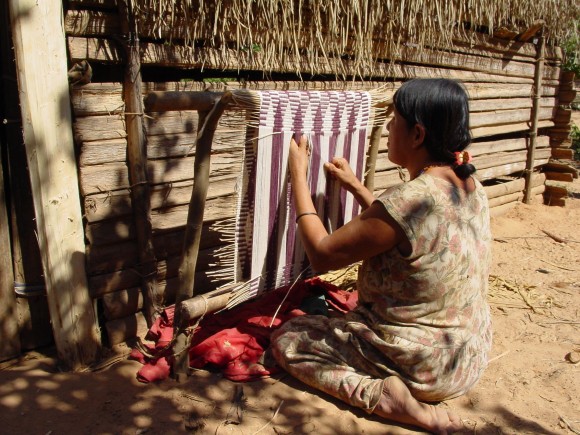
Several skills essential to Tsimane life, from textile making to planning and delegation, take a lifetime of practice to get just right, according to research.
“As you have people grow older in the labor market, perhaps the expectation should be that they transition into different types of jobs,” he says. “Perhaps what we can learn from this is to appreciate the contributions of older adults.”
Such questions asked by anthropologists like Schniter dovetail with those of economists. At a recent Rand Institute workshop he attended, Schniter says the ripple effect of graying populations in Western cultures and economies was the main topic.
“The two main lines of research they were really interested in were, one, what biomedical advances were slowing down aging, and the other was the labor market and how we are going to deal with aging,” he says. “I hope to do a little bit to bridge those gaps.”

Eric Schniter, Ph.D.
Among the co-authors on the paper, titled “Skill ontogeny among Tsimane forager-horticulturalists,” were Professors Nathaniel Wilcox, Ph.D., and Hillard Kaplan, Ph.D., both of ESI. The research was conducted largely through several field visits, beginning with Schniter’s post-doctoral studies, through The Tsimane Health and Life History Project sponsored by University of California, Santa Barbara, and the University of New Mexico. The print publication of the paper is expected to follow in the coming months.
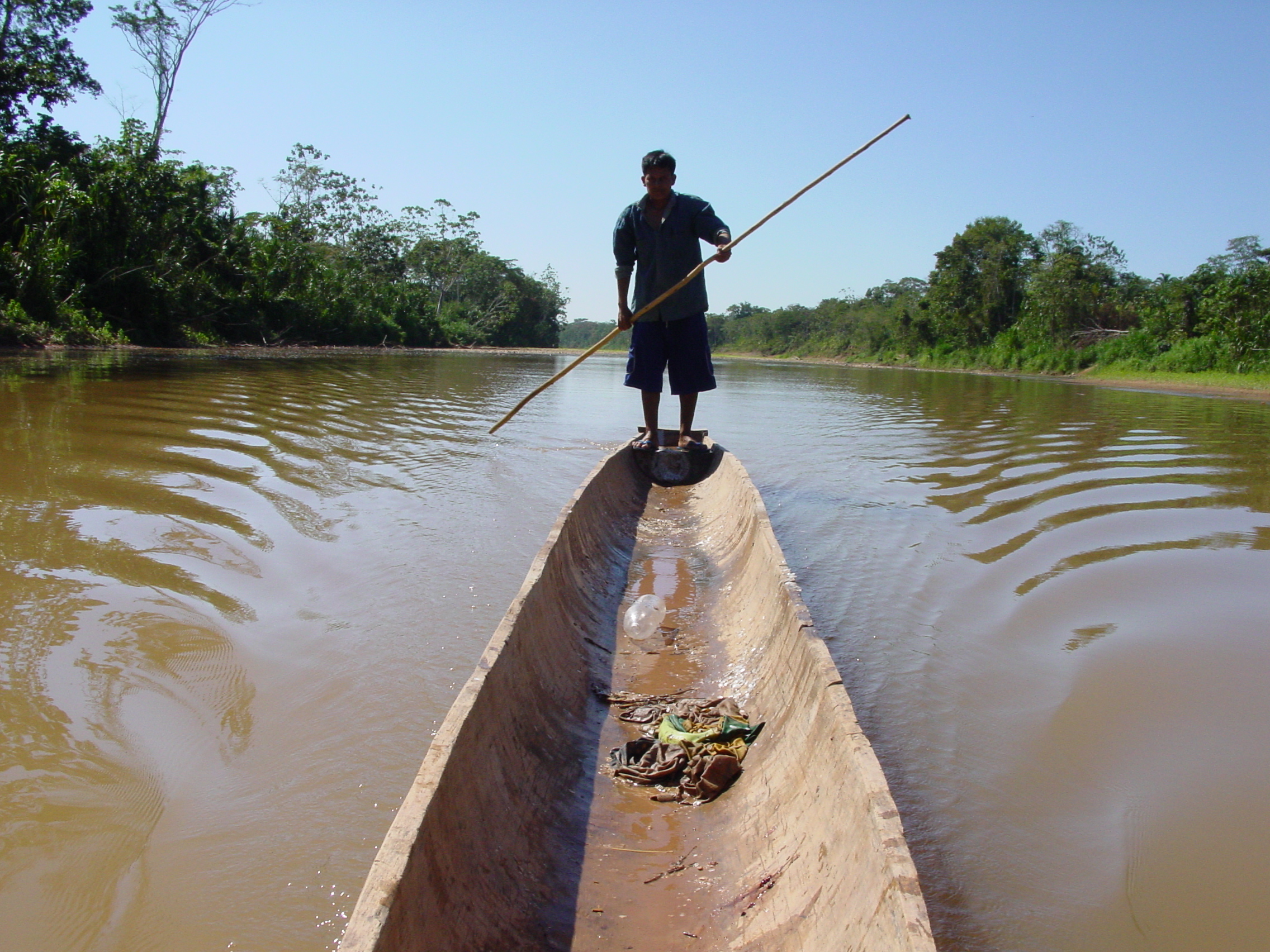
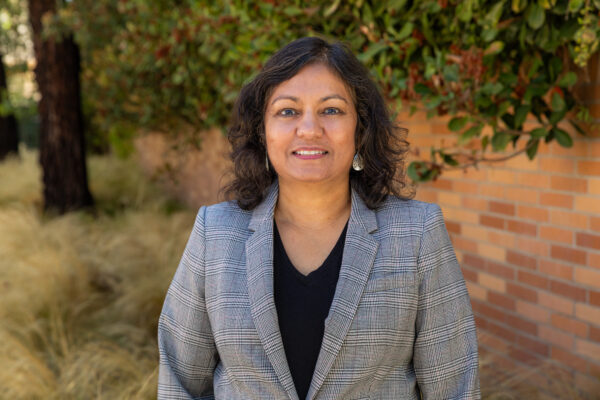
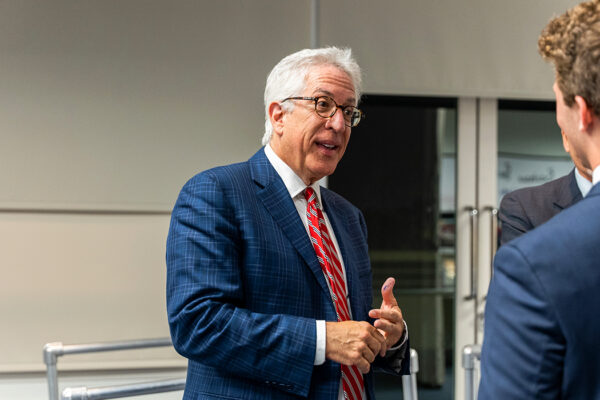
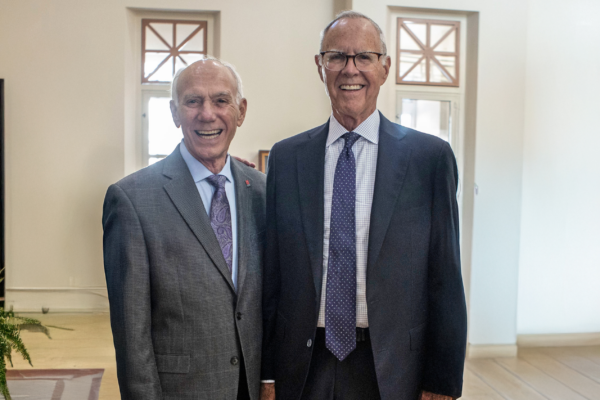

Add comment